Future Scope & Benefits: A degree in Fashion Design opens doors to a dynamic industry. Explore careers in fashion, retail, styling, and entrepreneurship.
Future Scope & Benefits for Bachelor of Fashion Design Course
The field of fashion design is a dynamic and evolving industry that plays a crucial role in shaping culture, trends, and personal expression. A Bachelor of Fashion Design course equips students with the necessary knowledge, skills, and creativity to excel in this exciting and competitive field. we will delve into the future scope and benefits of pursuing a
Bachelor of Fashion Design course.
Future Scope of a Bachelor of Fashion Design Course
1. Diverse Career Opportunities:
A Bachelor of Fashion Design offers a wide array of career prospects. Graduates can work in various roles such as fashion designers, apparel merchandisers, fashion stylists, pattern makers, textile designers, and costume designers. Additionally, opportunities exist in fashion journalism, fashion marketing, event management, and retail management.
2. Global Industry Integration:
The fashion industry is highly globalized, providing opportunities for graduates to work internationally. With the rise of e-commerce and globalization, fashion designers and professionals can collaborate with international brands, participate in global fashion weeks, and cater to a broader audience.
3. Sustainable Fashion Focus:
The future of fashion lies in sustainability and ethical practices. The industry is shifting towards environmentally friendly and socially responsible approaches. A Bachelor of Fashion Design course often incorporates sustainability principles, preparing students to contribute to a more sustainable and conscious fashion industry.
4. Technology Integration:
Advancements in technology are revolutionizing the fashion industry. Augmented reality, virtual reality, 3D printing, and artificial intelligence are becoming integral tools in design, production, and marketing. Graduates with knowledge and proficiency in these technologies will have a competitive edge in the job market.
5. Entrepreneurial Opportunities:
Many fashion design graduates opt for entrepreneurship, starting their own fashion labels or design studios. With creativity, business acumen, and the skills acquired during their studies, they can establish successful ventures, catering to niche markets or addressing specific fashion needs.
6. Collaborations and Cross-disciplinary Work:
The future of fashion design involves collaborations with professionals from other fields like technology, science, and engineering. Fashion designers may collaborate with software developers, scientists, or engineers to create innovative, tech-infused clothing, smart textiles, or wearable technology.
Benefits of Pursuing a Bachelor of Fashion Design Course
1. Developing Creativity and Design Skills:
A Bachelor of Fashion Design course nurtures and hones creativity, design aesthetics, and innovation. Students learn to translate their ideas into tangible fashion pieces, mastering the art of design, color theory, fabric selection, and garment construction.
2. Practical Experience and Exposure:
These programs often include practical training, internships, and industry exposure, providing students with hands-on experience and a real-world understanding of the fashion industry. This exposure helps students build their professional network and learn about the functioning of the industry.
3. Cultivating Business Acumen:
Fashion design courses often integrate business-related modules, teaching students about fashion marketing, retail management, brand development, and budgeting. This knowledge is vital for those aspiring to start their own fashion businesses.
4. Networking Opportunities:
Fashion design programs offer excellent networking opportunities by connecting students with industry professionals, alumni, and potential employers. Networking can lead to internships, job opportunities, and collaborations within the fashion industry.
5. Portfolio Development:
Throughout the course, students work on various projects, building a diverse and impressive portfolio. A strong portfolio is crucial for showcasing their creativity and skills to prospective employers or clients.
6. Adaptability and Resilience:
The fast-paced and ever-changing nature of the fashion industry teaches students to be adaptable, flexible, and resilient. These qualities are highly valuable in a dynamic industry where trends and consumer preferences evolve rapidly.
7. Personal Growth and Expression:
Fashion design courses encourage students to express themselves and develop a unique design identity. This journey of self-discovery and expression is personally enriching and can lead to a fulfilling and passionate career.
 3 Years
3 Years
 Under Graduate
Under Graduate
 Fashion Design and Technology
Fashion Design and Technology
 Full Time
Full Time
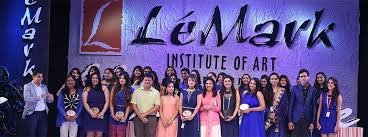
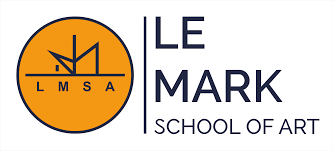
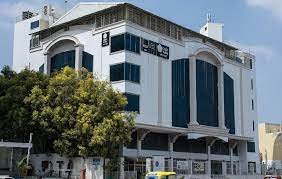









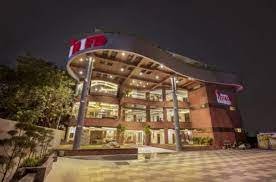
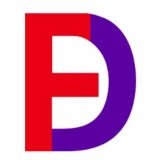





 back
back

